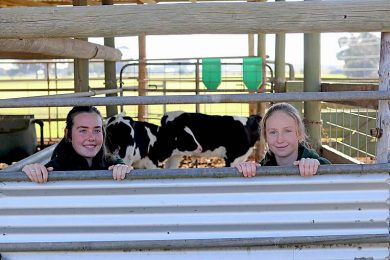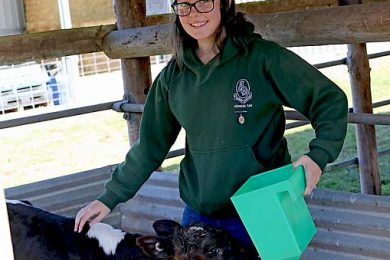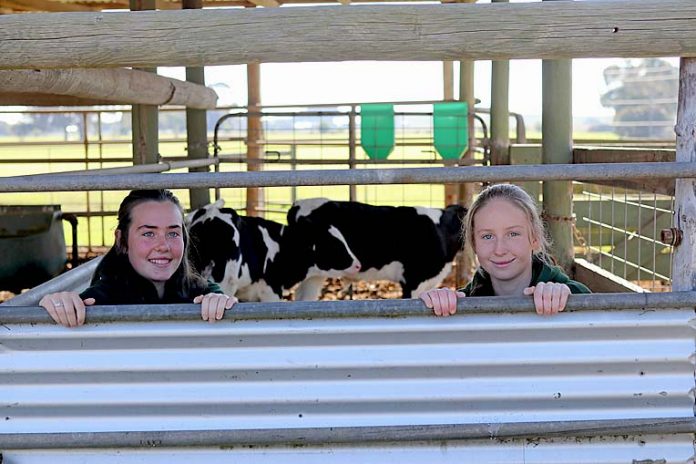
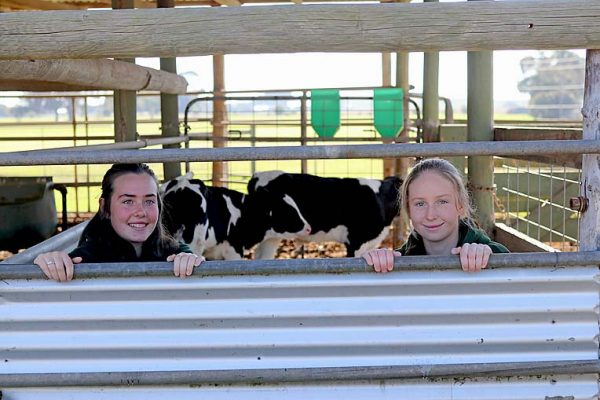
A PADDOCK to plate learning experience for students has taken Australia by storm with interstate schools rolling out a new regenerative agriculture curriculum.
The strategy, developed by Tamworth teacher Kate Spry, aims to engage a new generation of farmers, build biodiversity and inform students on ecosystem processes with a “holistic” approach.
Already one step ahead, Allendale East Area School agricultural teacher Danielle Tulak said her school had educational tools similar to the new curriculum and would be poised to benefit should it be implemented in the South East.
“I think it has been on the Education Department’s radar for quite some time,” she said.
“South Australia has not seemingly jumped on the bandwagon yet but I have heard about New South Wales adopting the curriculum.
“I am also on the agricultural teacher association of South Australia (ATASA) so I think we would be the first to hear about it.”
Ms Tulak said the new curriculum modules looked “exciting” and would add another string to the bow at Allendale East.
“It would fit absolutely beautifully with what we already do here,” she said.
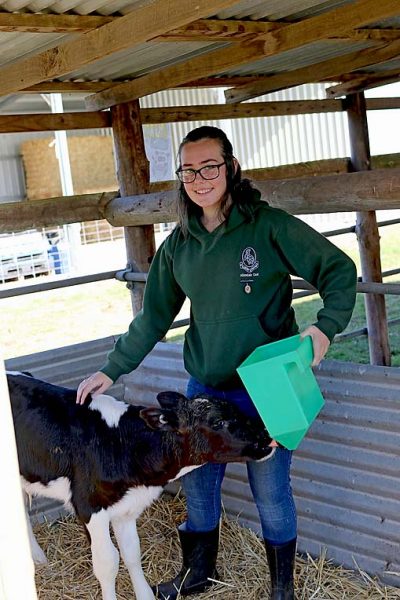
“We already teach parts in our curriculum but I think this will be more prescribed and more of a back to the basics process.”
Ms Tulak said Allendale East teaches agriculture as a compulsory subject from Year 8, 9 and 10.
“When students reach Year 11 and 12 they have the option to complete it as a South Australia Certificate of Education (SACE) subject,” she said.
“I have also been involved in teaching Year 5 and 6 students which enables them to develop an understanding at an earlier age with a specifically trained agriculture teacher.
“A lot of the activities we are doing in Year 11 Stage 1 in Agriculture include insight into grazing management, soil health, food and fibre and how climate is impacting the selection of certain cultures of other plants.”
Ms Tulak said she would like to see the “next generation” of farmers improve agriculture from the ground up.
“I think it does relate to what farmers are trying to do now with a holistic approach for their properties,” she said.
“Hopefully this opportunity will give us more resources complementing our current practices.”
Teaching agriculture to students is essential, according to Ms Tulak.
“It is all about students receiving a broader understanding of where their food is coming from,” she said.
“Sometimes students do not understand a lot of the jobs in the Limestone Coast are heavily dependent on agriculture so it ties in with career opportunities as well.
“It is just a really good way to open their eyes and give them hands-on opportunities to learn.”
Ms Tulak said a “paddock to plate” learning experience is something all schools should be keen to adopt.
“Getting outside, having the animals on-site, growing the plants and following that through from paddock to plate cements learning,” she said.
“I would love to see more teachers encouraged to specialise in agriculture rather than just science.
“If it is a ready-to-go curriculum maybe people will be more willing to embrace it whether they have an agricultural background or not.”


